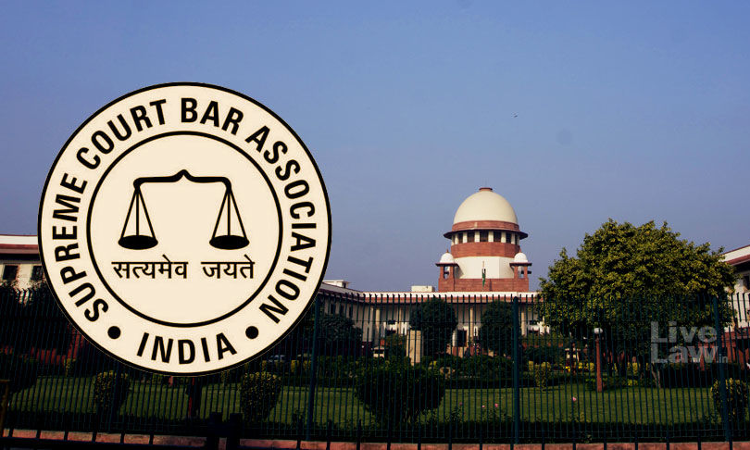Supreme Court Seeks Suggestions On Electoral Reforms In Supreme Court Bar Association
Awstika Das
16 Aug 2023 12:27 PM IST

'This is not adversarial litigation and we are all here for the betterment of the institution,' SC bench says.
Next Story
16 Aug 2023 12:27 PM IST
